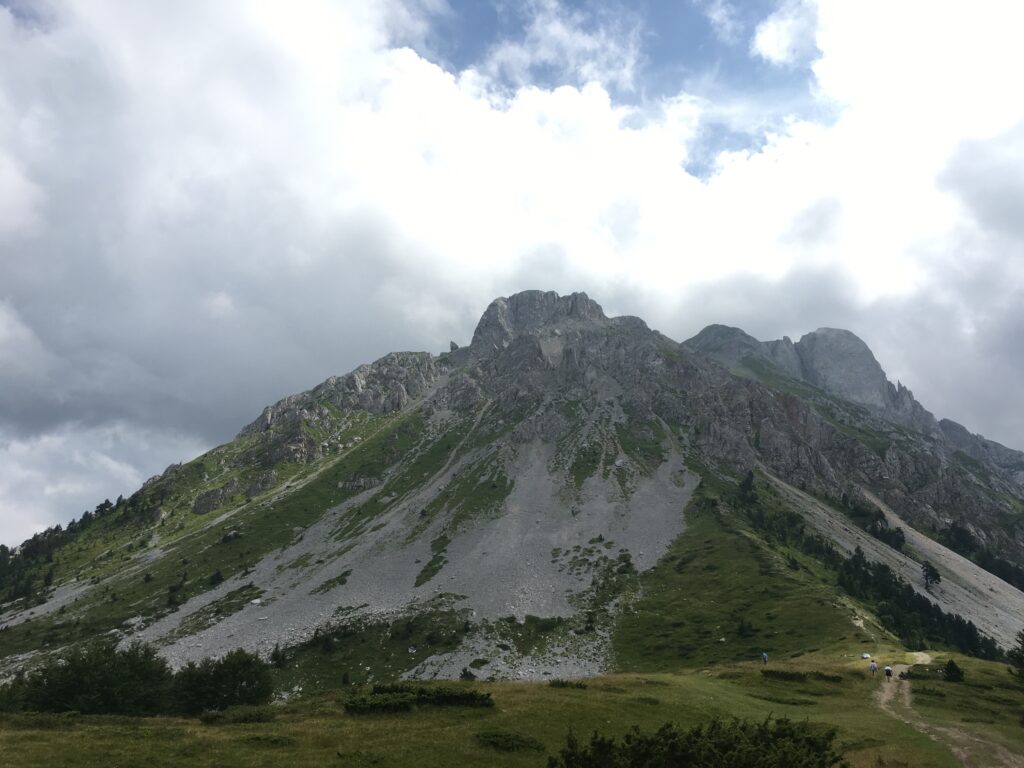Montenegro is a small country located in southeastern Europe, bordered by Croatia, Bosnia and Herzegovina, Serbia, Kosovo, and Albania. Its name, which translates to “Black Mountain,” has a Spanish origin. So, why does Montenegro have a Spanish name? In this article, we’ll explore the history behind Montenegro’s name.
The Origins of Montenegro’s Name
The name “Montenegro” can be traced back to the 15th century, during the rule of the Balšić family. According to one theory, the name was given to the country by Spanish sailors who were passing through the Adriatic Sea. They may have named the country after the black mountain range that dominates its landscape.
Another theory suggests that the name “Montenegro” was given to the country by the Venetians, who ruled over the area in the 15th and 16th centuries. The Venetians may have named the country after the black mountain range as well, but it’s also possible that the name was a reference to the country’s rugged terrain.
Read Also: A Brief History of Montenegro
The Use of the Name “Montenegro” Today
Despite its Spanish origins, the name “Montenegro” has become synonymous with the country and is widely used by its citizens and in international relations. Montenegro has been an independent country since 2006, and the name “Montenegro” is now firmly ingrained in the country’s identity.
Read Also: Is Montenegro part of the EU?
Other names with Spanish origins
Costa Rica translates as “Rich Coast” in Spanish. The name was given by Spanish explorers who were struck by the lush vegetation and hoped to discover precious metals.
Argentina is derived from the Latin word “argentum,” which meaning silver. The name was prompted by Spanish mariners’ hunt for silver-rich locations.
Honduras comes from the Spanish term “honduras,” which means depths, and refers to the deep waters off the northern shore.
Puerto Rico translates as “Rich Port” in Spanish. Originally known as San Juan Bautista, the island’s capital’s name was later extended to the entire island.
Ecuador is Spanish for “equator,” referring to the country’s location along the equator.
Conclusion
While the exact origin of Montenegro’s Spanish name is not entirely clear, it’s likely that the name was given to the country by Spanish sailors or the Venetians. Regardless of its origins, the name “Montenegro” has become a part of the country’s identity and is widely recognized both domestically and internationally.





